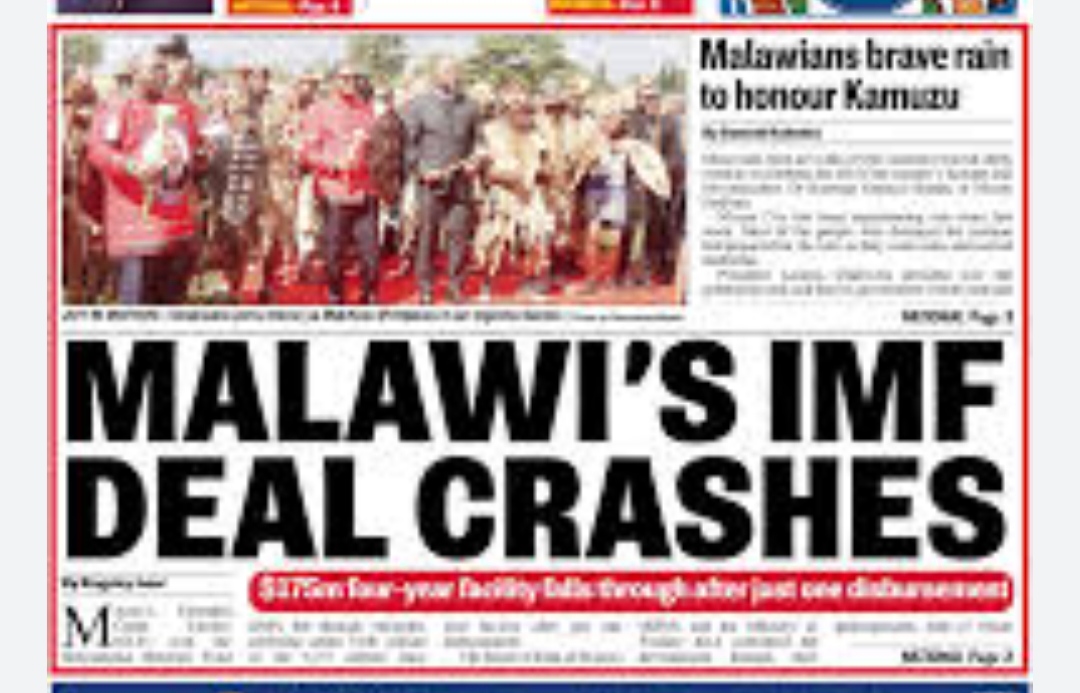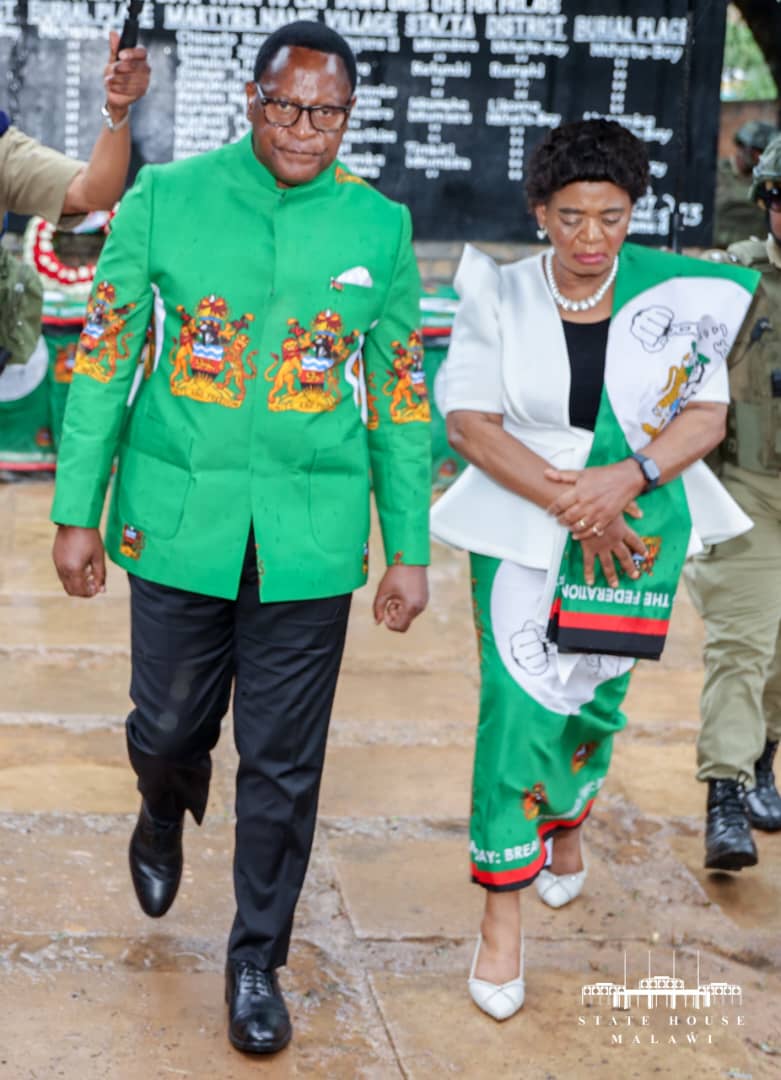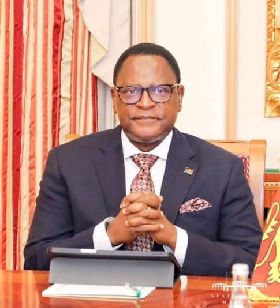Frequently Asked Questions on Malawi’s ECF Termination by IMF
Here are some frequently asked questions regarding the termination of Malawi’s Extended Credit Facility (ECF) by the International Monetary Fund (IMF):
Q1: What is the Extended Credit Facility (ECF)?
The ECF is a lending arrangement provided by the IMF to low-income countries facing protracted balance of payments problems. It typically supports a three- to five-year economic program aimed at promoting sustainable and inclusive growth and poverty reduction.
Q2: What was the size of Malawi’s ECF arrangement?
The ECF arrangement for Malawi, approved on November 14, 2023, was for an amount equivalent to US$175 million.
Q3: How much of the ECF had Malawi received?
Out of the total US$175 million, the IMF had disbursed US$35 million to Malawi.
Q4: Why was Malawi’s ECF terminated?
The IMF stated that the ECF automatically terminated on May 14, 2025, because no program review had been completed over an 18-month period. This indicates that Malawi did not meet the conditions or targets set under the ECF program, preventing the IMF from conducting and concluding a review. Some reports suggest disagreements on the pace of debt restructuring and concerns about fiscal discipline. The Malawi government mentioned a “mutual agreement” to allow the political environment to normalize after the September 2025 elections before negotiating a new package.
Q5: What were the key objectives of the ECF for Malawi?
The ECF aimed to support Malawi’s efforts to:
- Restore macroeconomic stability.
- Achieve sustainable and poverty-reducing growth.
- Bring back the country to a sustainable fiscal path.
- Rebuild external buffers.
- Restore debt sustainability and external viability.
- Mitigate the effects of El Nino-induced shocks.
Q6: What is the potential impact of the ECF termination on Malawi’s economy?
The termination could have several negative impacts:
- Loss of Budget Support: Malawi may lose direct budget support from other multilateral institutions like the European Union, the World Bank, and the African Development Bank, which often rely on an active IMF program.
- Reduced Investor Confidence: The termination could negatively impact investor confidence, potentially leading to decreased foreign direct investment.
- Difficulty in Accessing Loans: It might become more challenging for Malawi to secure loans from other international lenders.
- Currency Instability: The Malawian Kwacha could face further instability due to reduced external financial support.
- Slower Economic Recovery: The lack of IMF support could hinder Malawi’s efforts to stabilize its economy and achieve sustainable growth.
Q7: What is the Malawi government saying about the termination?
The Malawi government stated that the termination was a mutual agreement with the IMF to allow for a more stable political environment after the 2025 elections before negotiating a new ECF program. They also indicated that some of the IMF’s conditions were deemed potentially harmful to the well-being of Malawians (e.g., further currency devaluation, wage reductions).
Q8: What is the IMF’s current engagement with Malawi?
Despite the ECF termination, the IMF states that it continues to work with the authorities within its mandate to support Malawi. This includes providing technical assistance to help modernize economic policies and strengthen institutions. The IMF is also engaged in Article IV consultations with the Malawian government, which involve discussions on the country’s economic situation and policies. The IMF plans to send a mission at the end of May 2025 for monitoring and consultations to prepare for a potential “tailor-made Malawi program” in the future.
Q9: Could Malawi negotiate a new ECF program in the future?
Yes, the Malawi government has indicated its intention to negotiate a more sustainable ECF package after the general elections in September 2025, leveraging a fresh electoral mandate. The IMF has also expressed its willingness to engage in discussions for a future program.
Q10: What are the main challenges Malawi needs to address to secure a future IMF program?
Based on IMF statements and economic analysis, key challenges include:
- Restoring fiscal discipline through increased revenue mobilization and improved public financial management.
- Implementing sustainable debt management strategies and achieving debt restructuring.
- Rebuilding international reserve buffers and normalizing the foreign exchange market.
- Ensuring prudent monetary policy to curb inflation.
- Addressing weaknesses in governance and institutions.
*




